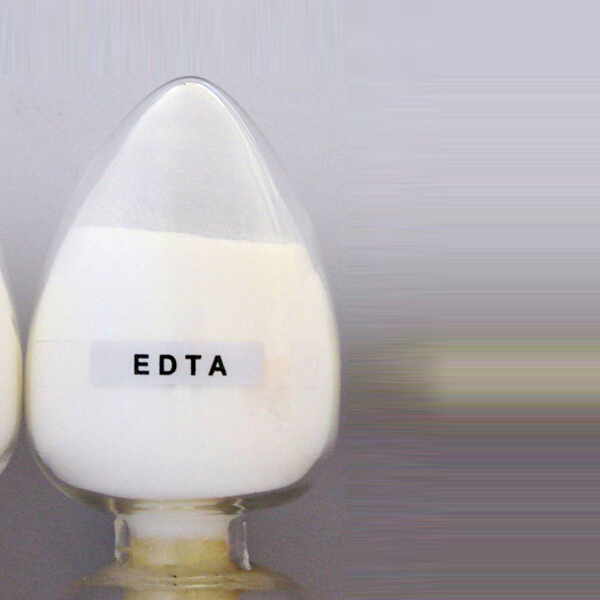
News
Sep . 01, 2024 15:32 Back to list
best micronutrients for plants
The Best Micronutrients for Plants
Micronutrients are essential elements that, despite being required in small quantities, play a pivotal role in plant growth and development. Unlike macronutrients, which include nitrogen, phosphorus, and potassium, micronutrients such as iron, manganese, zinc, copper, molybdenum, and boron are crucial for various physiological functions within plants. Understanding these micronutrients and their importance can significantly enhance plant health and productivity.
Iron
Iron is fundamental for the process of photosynthesis, as it is a crucial component of chlorophyll. Plants with insufficient iron may exhibit yellowing leaves, a condition known as chlorosis, which can hinder growth. Iron deficiency commonly occurs in alkaline soils and can be addressed through iron chelates or by applying organic matter to the soil.
Manganese
Manganese plays a significant role in the photosynthetic process and is involved in the synthesis of several enzymes. It aids in the formation of chloroplasts and is vital for the metabolism of nitrogen and carbohydrates. Deficient manganese levels can lead to yellow spots on leaves, ultimately affecting plant vigor. Regular testing of soil pH can help maintain adequate manganese levels, as it is more available in acidic soils.
Zinc
best micronutrients for plants

Zinc is essential for the production of plant hormones and is involved in several enzymatic reactions. It also plays a role in the synthesis of proteins and nucleic acids. Zinc deficiency can lead to stunted growth, leaf curling, and poor fruit development. To improve zinc availability in the soil, organic amendments and foliar sprays can be effective solutions.
Copper
Copper is another important micronutrient that assists in photosynthesis and the formation of lignin, which provides structural integrity to plant tissues. It is also involved in electron transport and enzyme activation. Copper deficiency may result in wilting, stomatal reactions, and reduced root development. Copper can be supplemented through organic fertilizers, but care must be taken to avoid toxicity.
Molybdenum and Boron
Molybdenum is crucial for nitrogen fixation in legumes and aids in the utilization of nitrogen from the soil. Boron is essential for cell wall structure and reproductive development, making it vital for flowering and fruit set. Both micronutrients are typically required in minute amounts; however, their deficiencies can drastically affect plant performance.
Conclusion
Micronutrient management is a critical aspect of plant care that should not be overlooked. While they are needed in small amounts, their impact on overall plant health and productivity is substantial. Regular soil testing, proper fertilization practices, and awareness of micronutrient deficiencies can lead to robust plant growth and enhanced yields. By ensuring that plants receive the necessary micronutrients, gardeners and farmers can create thriving ecosystems that support both plants and the environment.
-
Polyaspartic Acid Salts in Agricultural Fertilizers: A Sustainable Solution
NewsJul.21,2025
-
OEM Chelating Agent Preservative Supplier & Manufacturer High-Quality Customized Solutions
NewsJul.08,2025
-
OEM Potassium Chelating Agent Manufacturer - Custom Potassium Oxalate & Citrate Solutions
NewsJul.08,2025
-
OEM Pentasodium DTPA Chelating Agent Supplier & Manufacturer High Purity & Cost-Effective Solutions
NewsJul.08,2025
-
High-Efficiency Chelated Trace Elements Fertilizer Bulk Supplier & Manufacturer Quotes
NewsJul.07,2025
-
High Quality K Formation for a Chelating Agent – Reliable Manufacturer & Supplier
NewsJul.07,2025
